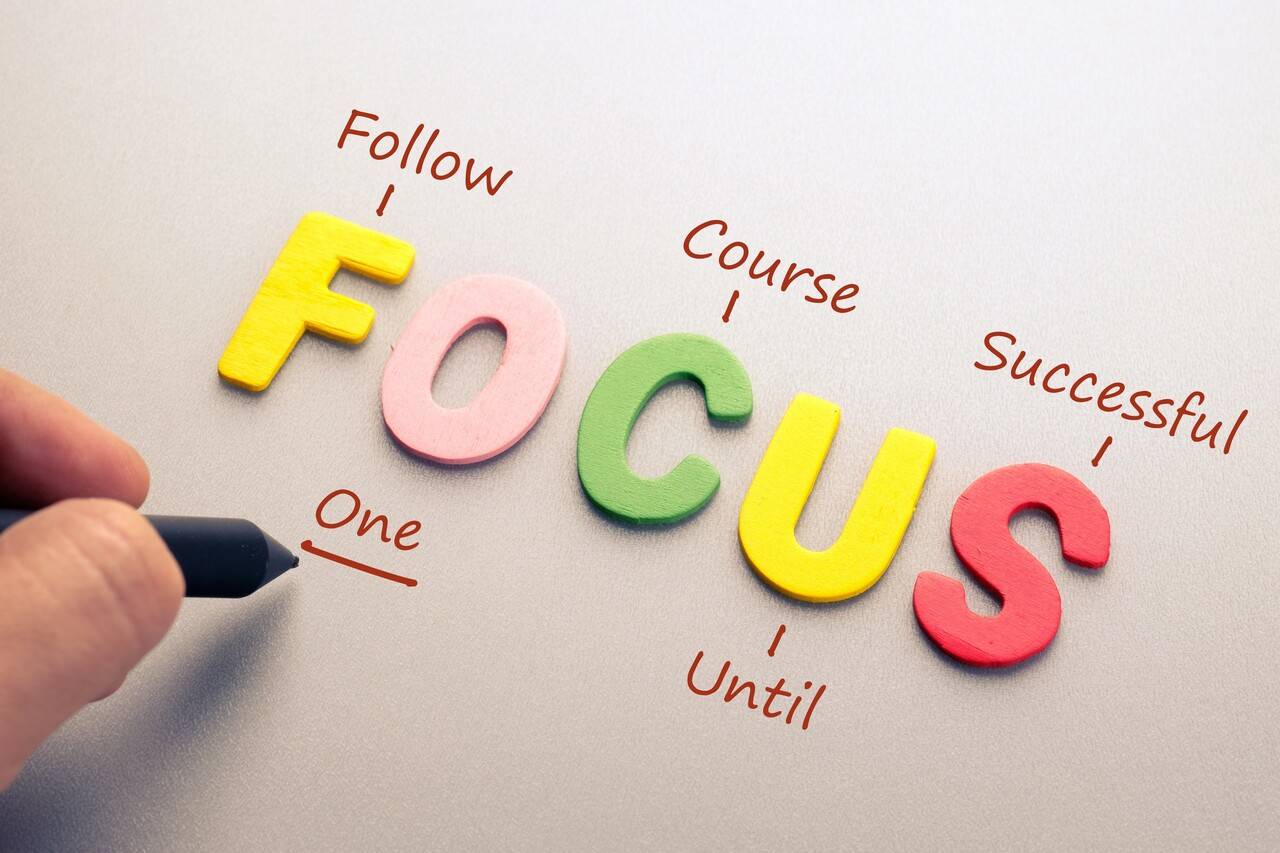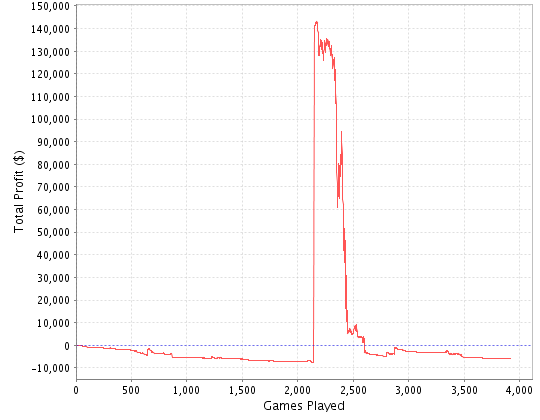
Actions and reactions
It is human nature to look for a connection between actions and their results (reactions). Trying to find this connection is where man begins to learn. These connections can be very small and as obvious as a pin pricking a balloon and causing it to explode. Or it can be the result of an action that has taken place, say you catch someone in a lie, so you will trust that person less in the future. One of the keys to human development is to find and assimilate as many of these relationships as possible. Everything we do every day is based on previously understood actions and the reactions they cause.
One great advantage of observing these reactions is that we can change things in response to them. If your action doesn't get the reaction you want, then you can try a different action next time and see if the reaction is different. For example, if you pass a football to a friend and they don't manage to stop it, then the next time you will pass the ball more weakly. This may cause a different reaction and it may happen that you swing the ball too weakly and it doesn't reach your friend, so the next time you try again, etc.
When all these things come into play in poker, finding the link between action and reaction (or in this case, between decision and result) can be much more difficult. Every action taken can have a wide range of outcomes, some favourable and some unfavourable. All this makes the learning process much harder. Applying the same learning methodologies in poker As with kicking a ball, learning can cause many problems.
Some poker scenarios may include solve mathematically. For example, Holdeme limit it is very easy to prove that it is almost always correct to call a single bet with a flush purchase on the flop. Many no-limit situations are much harder to solve mathematically, say it is better to fold, call or raise with 66 from middle position. There are many other influencing factors in this situation, such as, your chip stack, actions against you, what are your poker opponents, your image, ICM factor (if this is a tournament)
Home the rookie mistake of learning from trial and error is that if we choose an action and get a negative result, we will instinctively change the action to get a better result. You have to be careful because a good poker solution can lead to a negative outcome, while a poor decision can lead to a positive outcome. For example, we raise pre-flop with AA and lose a big stack of chips when the opponent catches a set. Or, let's say we call a pre-flop raise with K-9 and beat the opponent's A-K when the cards are K-9-6. These are just a few examples, but the principle is the same for most decisions you make at the poker table.
Just because you are a winning player doesn't mean you play well. Conversely, losing doesn't mean you're playing badly.
This is very important for a poker player to understand. Otherwise, you can stop making bad decisions in the game and continue to make them, which will have a short-term benefit. In such cases, the player with AA will play too cautiously the next time, while the player with K-9 will reformulate his opinion and find it OK to call with K-9.






